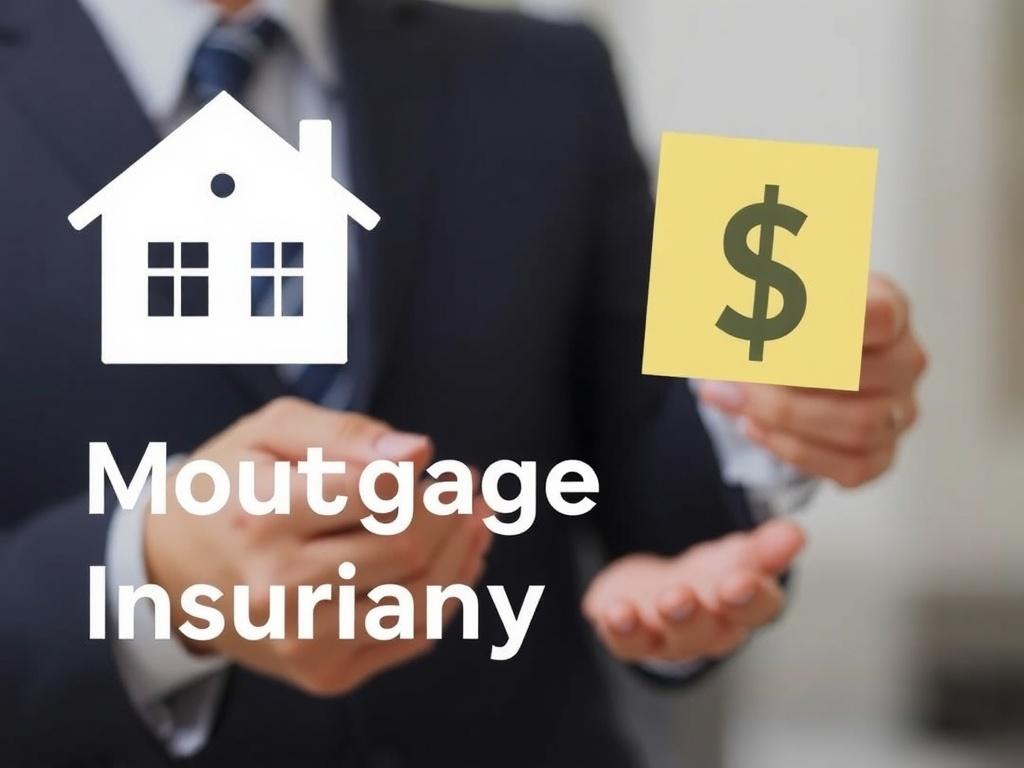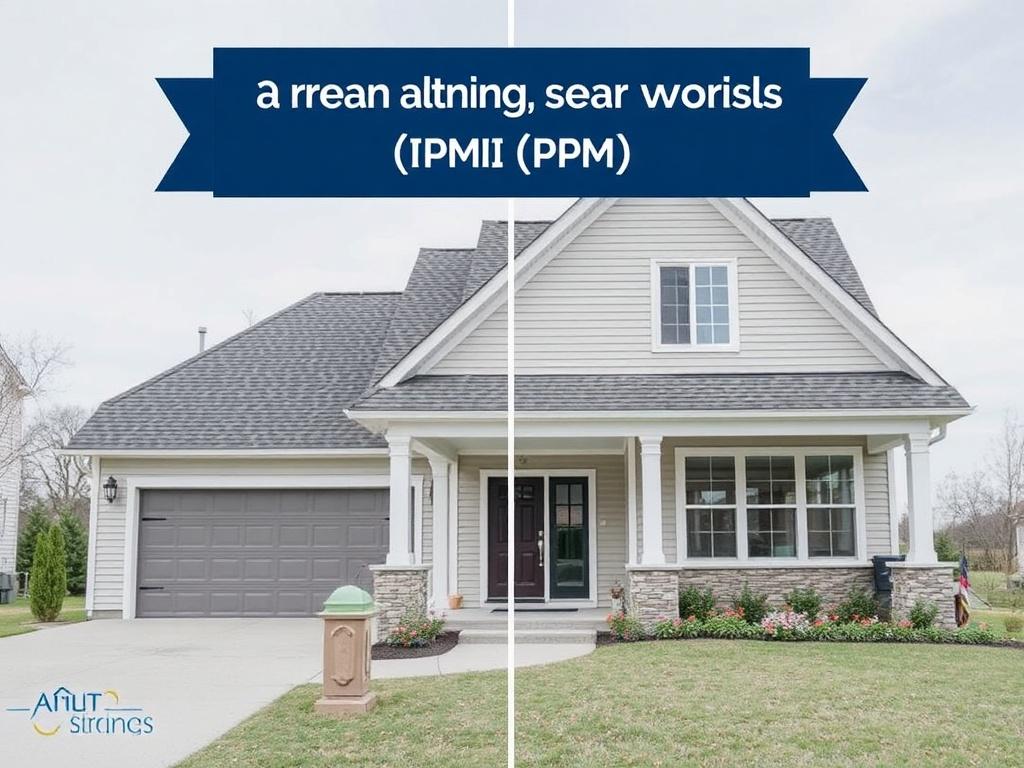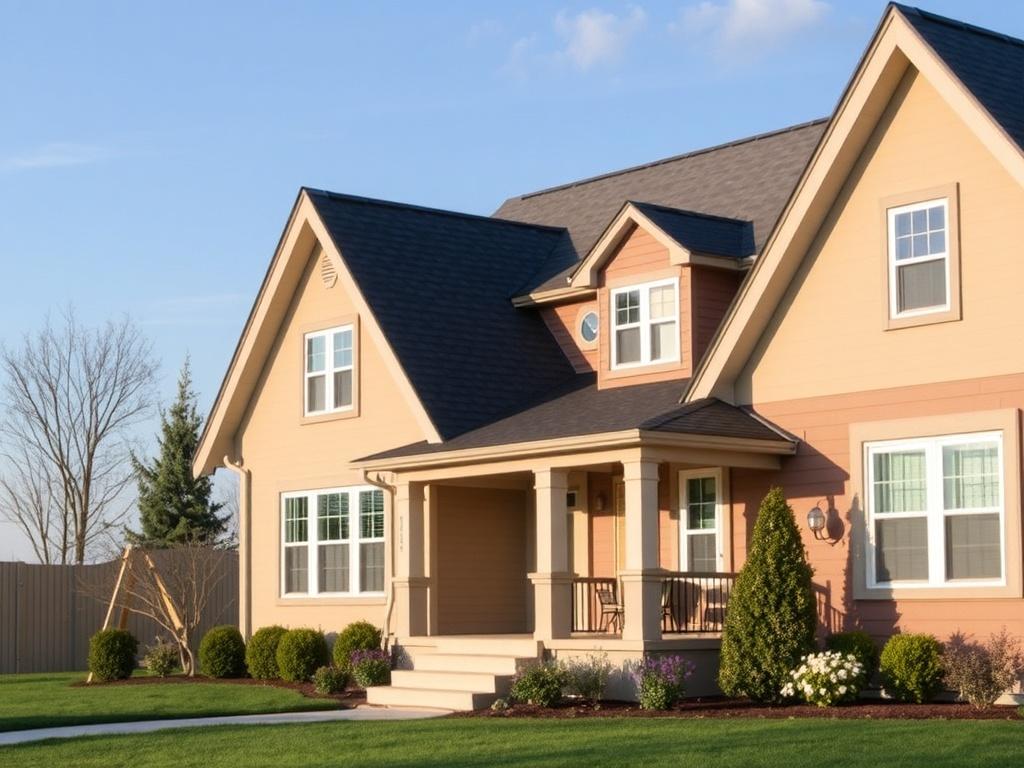SQLITE NOT INSTALLED
Содержание
Understanding the Basics of Private Mortgage Insurance
When you’re on the verge of buying a home, you might hear the term “PMI” tossed around, especially if you haven’t gathered a hefty down payment. But what exactly is private mortgage insurance, and why does it matter? Simply put, private mortgage insurance (PMI) is a type of insurance policy that protects lenders in case a borrower defaults on their mortgage payments. Unlike homeowners insurance, which protects your property, PMI’s primary goal is to safeguard the lender’s financial interest.
Imagine you want to buy a home that costs $300,000, but you only have $15,000 saved, which is just 5% of the purchase price. Most lenders prefer you to have a down payment of at least 20%, or $60,000 in this instance. Since you fall short of that, they might require you to pay PMI to reduce their risk. It’s important to understand that PMI adds additional monthly costs to your mortgage payment, but it can also be the key that unlocks homeownership when your down payment isn’t ideal.
How Does Private Mortgage Insurance Work?
Private mortgage insurance doesn’t protect you, the borrower; it protects the lender. When you pay PMI, you’re essentially buying insurance for the bank in case you fail to pay your mortgage. So, how does it work?
If you default on your mortgage, meaning you stop making payments, the lender can file a claim on the PMI policy and recover some of their losses. This makes lenders feel more comfortable approving loans to individuals with smaller down payments. Before PMI became common, nearly all lenders insisted on a 20% down payment, making homeownership out of reach for many people.
PMI is typically added to your monthly mortgage payment. The amount you pay depends on several factors, like your credit score, the size of your down payment, and the loan type. The premiums can range anywhere from 0.3% to 1.5% of the original loan amount annually. Let’s say your mortgage loan is $285,000 after a down payment, and you pay a 1% PMI rate. That could mean $2,850 a year, or roughly $238 per month added to your mortgage payment.
Types of Private Mortgage Insurance
PMI isn’t a one-size-fits-all concept — there are different types of private mortgage insurance, and what you get depends on your lender and loan type. The main types include:
- Borrower-Paid Mortgage Insurance (BPMI): This is the most common type, where the borrower pays monthly premiums as part of the mortgage payment.
- Lender-Paid Mortgage Insurance (LPMI): Here, the lender pays the PMI premium but usually charges a slightly higher interest rate on your mortgage. You don’t make monthly PMI payments but pay more interest overall.
- Single-Premium PMI: You can pay the entire PMI upfront in a lump sum when you close the loan, rather than monthly premiums.
- Split-Premium PMI: This spreads the cost by having you pay a portion upfront and the rest in monthly payments.
Choosing the right PMI option depends on your financial situation, how long you plan to stay in the home, and your cash flow preferences. If you want to avoid monthly fees, paying an upfront premium may make sense. However, if cash is tight now, monthly payments might be easier to manage.
Why Do Lenders Require Private Mortgage Insurance?
One simple way to think about PMI is as protection against risk. Lenders want to see a 20% down payment because it shows you have skin in the game and reduces their likelihood of losing money if you default. When borrowers don’t put down 20%, lenders see a higher risk. PMI compensates for that risk.
Loans with PMI are considered “high-risk” because the borrower has lower equity in the home at the start. Equity is the portion of the home that you truly “own.” For example, when you have a 20% down payment, you start with 20% equity in your home. If you only put down 5%, the lender’s risk is higher because you have less ownership in the property.
By charging PMI, lenders can offer mortgages to people who don’t have a large down payment without exposing themselves to too much risk. This makes homeownership more accessible but does come with the trade-off of additional monthly costs.
How Much Does Private Mortgage Insurance Cost?
The cost of PMI varies widely depending on your loan amount, down payment size, credit score, and the insurer. Here’s a quick breakdown of factors that affect PMI premiums:
| Factor | How It Affects PMI Cost |
|---|---|
| Down Payment Size | The smaller your down payment, the higher the PMI premium. |
| Loan-to-Value Ratio (LTV) | Higher LTV (loan amount vs. home value) means higher PMI. |
| Credit Score | Better credit scores typically qualify for lower PMI rates. |
| Loan Type | Conventional loans typically have PMI; government-backed loans may not require it or use other insurance types. |
| Loan Term | Shorter loan terms may have lower PMI premiums. |
To give you an example, PMI on a $200,000 loan with a 5% down payment might cost around $100 to $150 per month, while a similar loan with a 10% down payment could cost $50 to $100 per month. The difference comes down to how risky the lender perceives your loan to be.
How to Avoid Private Mortgage Insurance
PMI adds an extra cost every month, so many homebuyers want to avoid it if possible. Fortunately, there are several ways to do just that:
- Make a 20% Down Payment: The simplest method. By putting at least 20% down, lenders usually don’t require PMI.
- Get a Piggyback Loan: This strategy uses a second mortgage in addition to your primary mortgage to bring your down payment up to 20%. For example, taking a first mortgage for 80% and a second for 10%, with your 10% down payment, can avoid PMI.
- Choose a Government-Backed Loan: FHA loans often require mortgage insurance premiums (MIP), but VA and USDA loans typically don’t have PMI, offering alternatives for eligible borrowers.
- Shop Around: Some lenders offer lenders-paid mortgage insurance (LPMI), which eliminates monthly PMI but may come with a higher interest rate. It’s worth crunching the numbers to see what saves you more in the long term.
When Can You Cancel Private Mortgage Insurance?
One important thing to know is that PMI isn’t permanent. Homebuyers can request cancellation once they’ve built enough equity in their home. According to the Homeowners Protection Act, lenders are required to cancel PMI automatically when your loan balance drops to 78% of the home’s original purchase price, assuming you’re current on payments.
However, you can often ask for PMI cancellation sooner if you meet certain conditions:
- Your loan balance reaches 80% of the home’s original appraised value or purchase price.
- You have a good payment history (usually no late payments in the past year).
- You may need a home appraisal to prove your home’s value hasn’t declined.
Building equity happens naturally if you make regular payments or if your home’s value increases. Refinancing your mortgage can also provide an opportunity to drop PMI if your new loan has a loan-to-value ratio below 80%.
Impact of Private Mortgage Insurance on Your Mortgage Payment

When calculating your monthly housing costs, it’s essential to factor in PMI alongside principal, interest, taxes, and insurance (often abbreviated as PITI). Many borrowers get caught off guard by how PMI affects their budget, so here’s a simple example:
| Cost Component | Monthly Amount |
|---|---|
| Principal and Interest | $1,200 |
| Property Taxes | $300 |
| Homeowners Insurance | $100 |
| Private Mortgage Insurance (PMI) | $150 |
| Total Monthly Payment | $1,750 |
In this simplified scenario, PMI constitutes roughly 9% of your mortgage payment. Over time, this cost adds up, which is why many borrowers prioritize paying down their mortgage principal quickly or refinancing to remove PMI sooner.
Is Private Mortgage Insurance Tax Deductible?
You may wonder if PMI payments can provide tax benefits. The answer depends on current tax laws, which can fluctuate. In recent years, PMI premiums have been tax-deductible if you meet income and other eligibility requirements. However, this deduction has been extended only periodically through legislation.
Always consult a tax professional to understand whether you can claim a deduction on PMI premiums because eligibility may depend on your filing status, adjusted gross income, and whether you itemize deductions on your tax return.
Frequently Asked Questions About Private Mortgage Insurance
Below are some common questions and straightforward answers about PMI that can help clear up any lingering doubts:
| Question | Answer |
|---|---|
| Do I pay PMI forever? | No. PMI can be canceled once you reach 20% equity in your home. |
| Is PMI required on all loans? | No. Government loans like VA or USDA typically don’t require PMI. |
| Can I avoid PMI with a low down payment? | It’s difficult but possible with piggyback loans or certain assistance programs. |
| Who sets the PMI rates? | Private mortgage insurers underwrite and set rates based on borrower risk. |
| How do I know if I’m paying PMI? | Your mortgage statement should show PMI charges separately if applicable. |
How to Shop for Private Mortgage Insurance
If you have a conventional loan with less than 20% down payment, the lender selects the PMI provider in most cases, but you can sometimes shop for a better rate. A little homework can save you money, so consider these tips:
- Compare Rate Quotes: Ask lenders or brokers to provide different PMI quotes based on your credit and down payment.
- Check the Insurer’s Reputation: Look for companies with strong financial ratings and good customer service.
- Understand Cancellation Policies: Find out early how and when PMI can be canceled.
- Negotiate Fees: Some lenders might be flexible on closing costs associated with PMI.
By keeping PMI in mind during the homebuying process, you can budget effectively and avoid surprises that could strain your finances.
Private Mortgage Insurance vs. Homeowners Insurance: Understanding the Difference

It’s easy to confuse private mortgage insurance with homeowners insurance, but they play very different roles. Homeowners insurance protects the physical structure of your home and personal belongings against damage or theft, while PMI protects the lender if you don’t repay your mortgage.
Homeowners insurance is mandatory and benefits you directly, whereas PMI is mandated only in certain cases and benefits the lender. Both add to your monthly expenses but serve unique purposes.
The Role of PMI in Expanding Homeownership Opportunities

Before private mortgage insurance became widespread, buyers without a 20% down payment had a hard time securing loans. PMI changed the landscape by allowing lenders to take on more risk confidently. This change has helped millions of families achieve the dream of homeownership sooner than they might have otherwise.
However, it’s crucial to approach PMI with a clear understanding of costs and cancellation options. PMI has made homebuying more accessible but also more expensive upfront. Informed borrowers can use PMI to their advantage while working toward mortgage stability and equity growth.
Conclusion
Private mortgage insurance (PMI) is a vital piece of the homebuying puzzle, especially if your down payment is less than 20%. While it adds an additional monthly expense, PMI protects lenders from risks associated with smaller down payments, making it easier for more people to qualify for mortgages. Understanding how PMI works, its costs, types, and cancellation rules empowers you as a borrower to make better decisions throughout the mortgage process. Whether you want to avoid PMI altogether, choose the best PMI option, or know when and how to cancel it, being informed helps you optimize your homeownership journey financially. Ultimately, PMI opens doors to owning your dream home while providing a safety net for lenders, balancing opportunity with risk in the dynamic housing market.
Опубликовано: 23 July 2025 Кредитрон – блог о кредитах, финансах и прочих реверансах
Кредитрон – блог о кредитах, финансах и прочих реверансах

